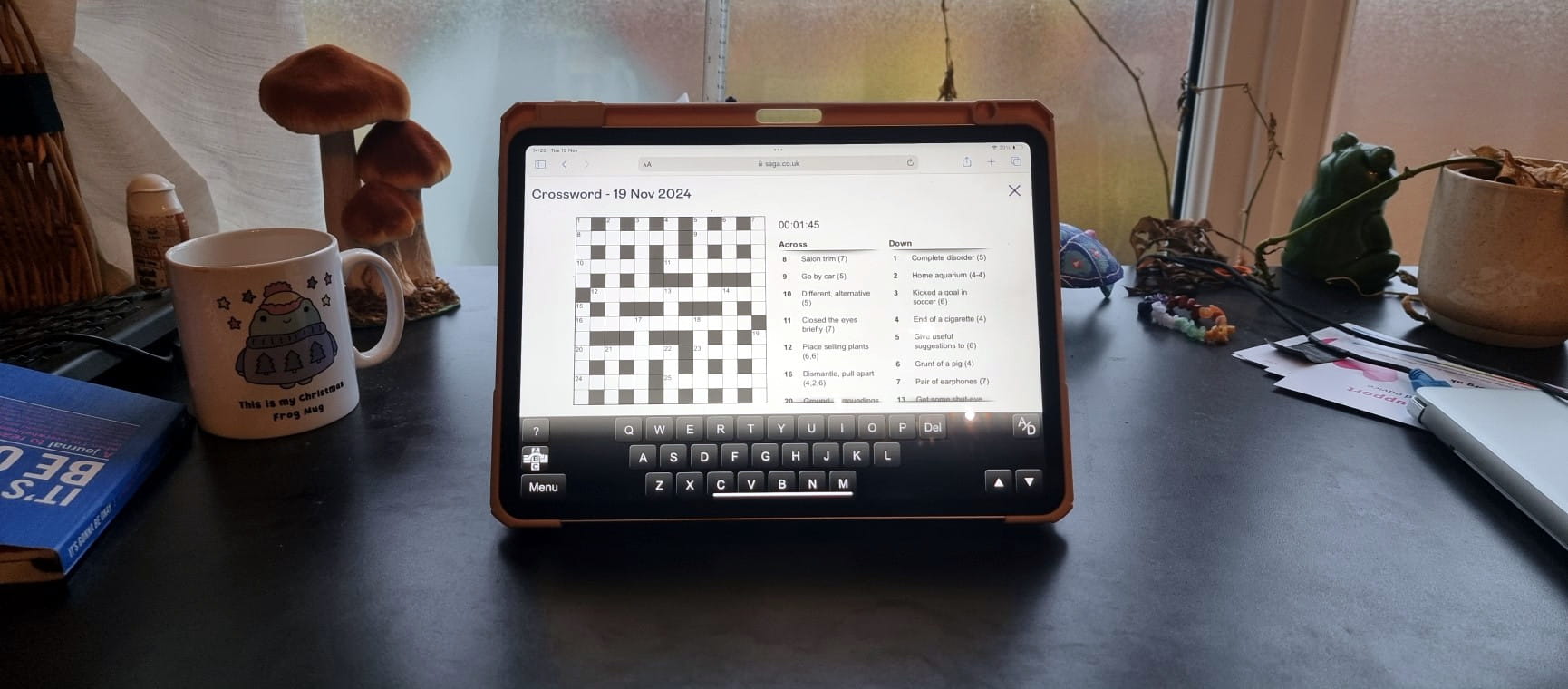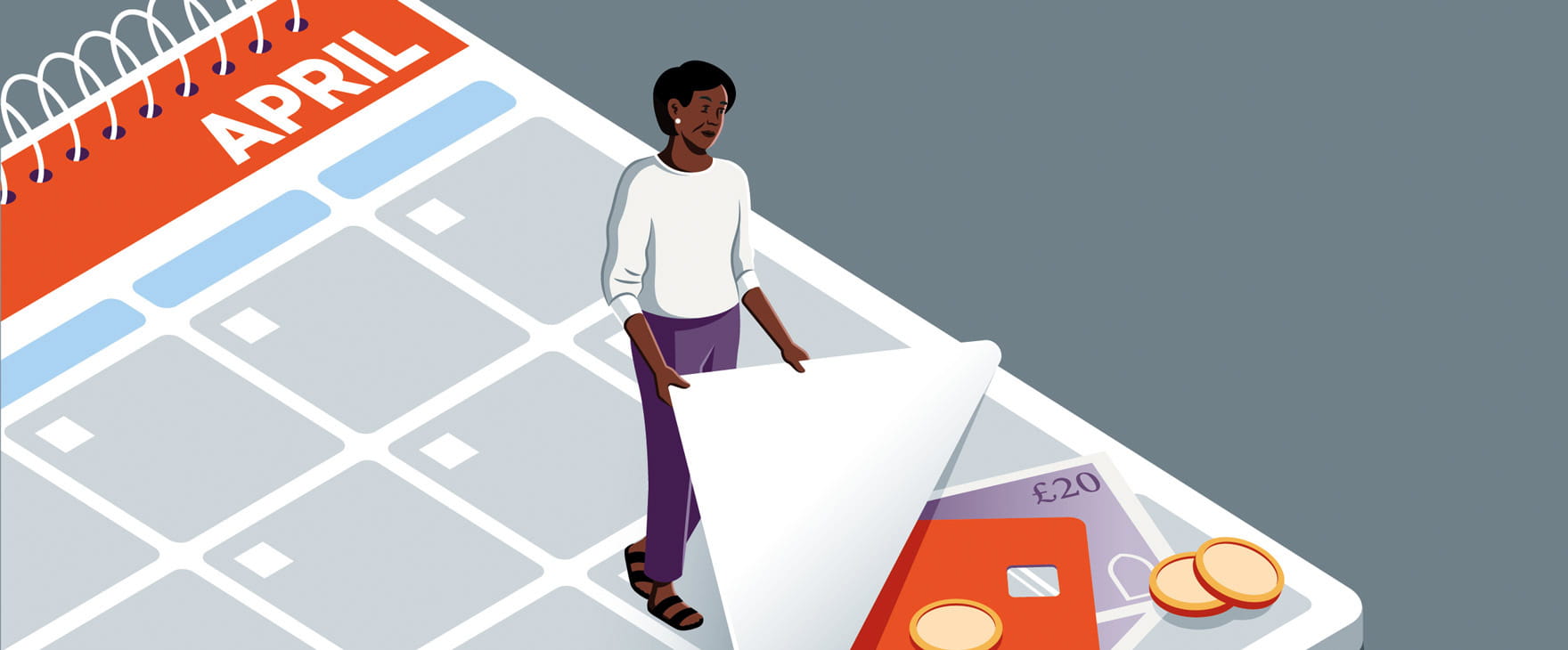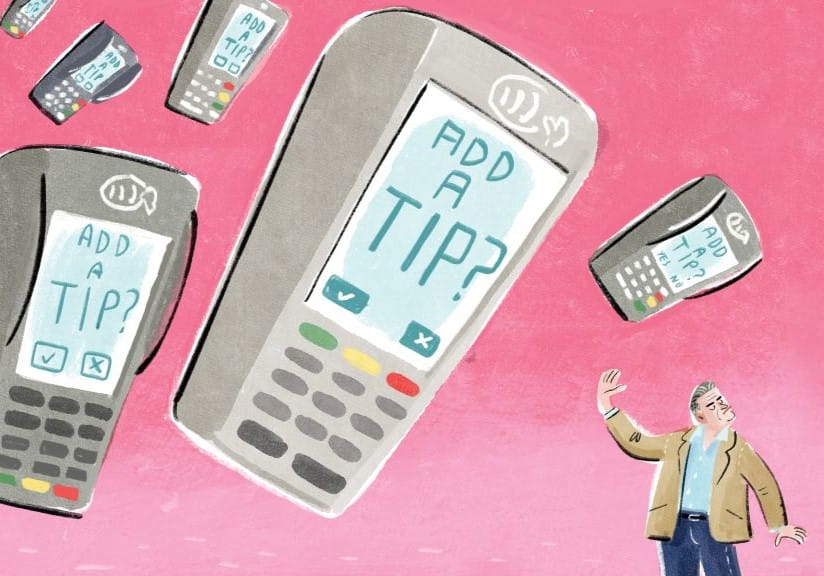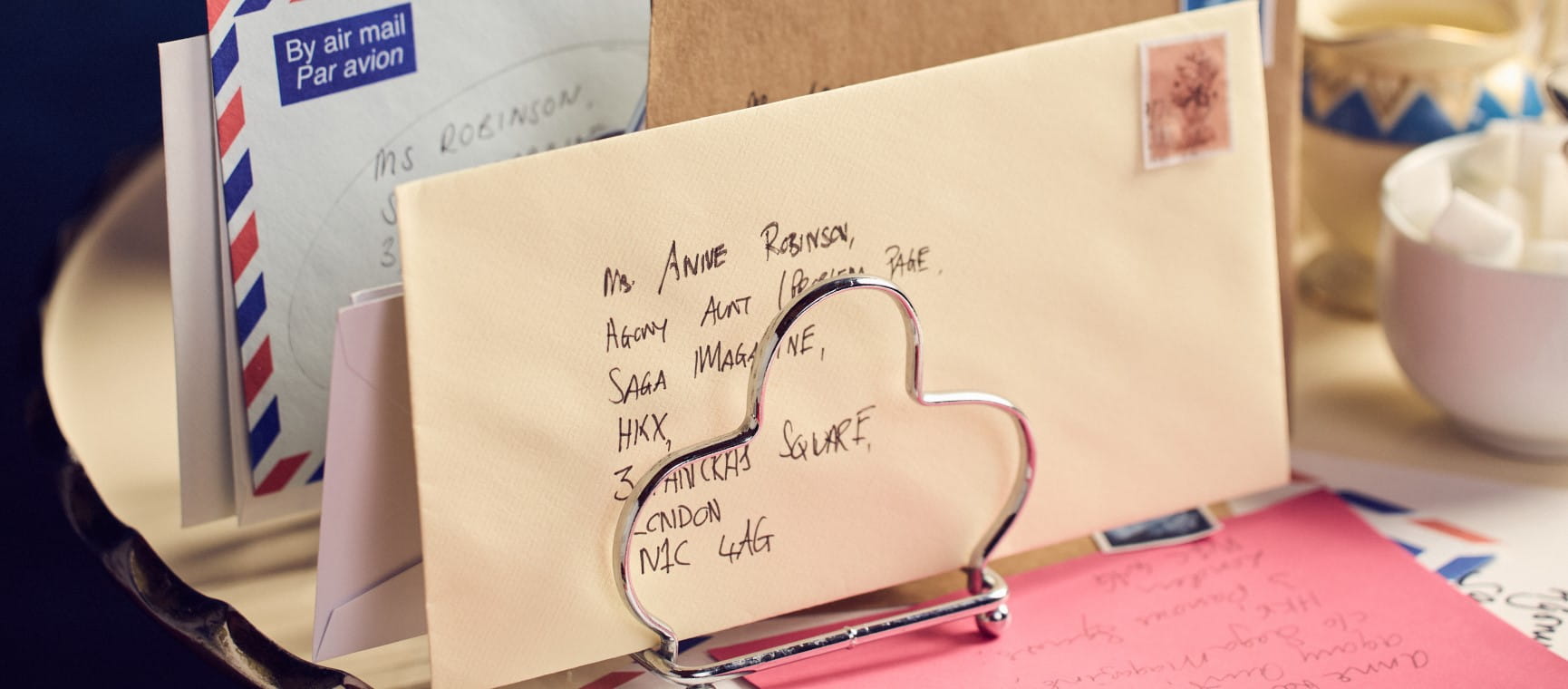
Do you have a will? I assume so. If not, see a solicitor and make one – it's Free Wills Month now in March, so book an appointment now.
Your solicitor should also tell you about a Letter of Wishes. That’s an annex to your will and tells your heirs more about what you would like to happen to you and your stuff.
Unlike a will, it’s not binding. Your heirs can ignore it unless they all agree to follow it. So put the important things in your will.
However, there is a third document that your solicitor probably won’t tell you about – I call it your ‘dying tidily letter’.
It contains all the info your executors will need to sort out your finances after you have gone. It starts, of course, with where your will and your Letter of Wishes are!
Make sure now that your loved ones know where the original signed will is. Keep a copy with your death documents – yes, you should have that file.
The dying tidily letter starts with you and should include details on the following:

All of them and previous ones. Date of birth (not everyone knows that either, and some will be surprised!), your address, all your previous addresses you can remember (which can be really handy for tracking down some things) and your National Insurance number.
Your passport, driving licence, disabled badge, railcards, and any membership cards. Where are they?
Bank and building society current accounts, savings accounts, National Savings & Investments, premium bonds, cash.
If some are just on your mobile, remember to give the passwords to open the phone and your bank accounts.
If you have joint accounts, the other person can usually access those without ceremony after your death.
Also, any shop loyalty cards or air miles – there may be valuable points on them. Next, your investments, if you have any, and the firm that looks after them. For each item, say where the paperwork and computer files are.
If you have a financial adviser who looks after some things for you, give their details here.
All your pensions – including the state pension – other benefits, earnings, self-employment, dividends, interest, annuities, rent, and anything else. State where all the documents are.
Warn your executors that the Department for Work and Pensions may pay a state pension after your death, especially if it is paid weekly. It will write to get this money back, but it has no right to it, so your executors should not pay it.
.jpg?sc=max&mw=800&h=450&la=en&h=549&w=797&hash=8B8A487F89C80309CD041F13EB1CAD44)
If someone or some firm owes you any money, list the full details here. The executors have a duty to recover it.
Where they are and what are the repayments or deadlines? They could be mortgages, loans, catalogues, credit cards, pawn tickets. Lawful debts must be paid from your estate, but if there is not enough to pay them, then they die with you.
However, that tenner George lent you down the pub is not a valid debt and you should not list it here. Put it in the will if you want it repaid.
Say where you keep the paperwork of phone bills, council tax, energy bills, water and other utilities.
Note down homes you own or own jointly. Include details of any mortgage or equity release on it. If you are a landlord, list the tenants and the rent agreements and any agent you use.
If you are a tenant, your executors need to know where the tenancy agreement and other documents are, including the name of the landlord, the agent, your rent, the deposit you paid and which agency holds it.
Your executor can recover this deposit, which is yours by law, though landlords may argue about it.

Car, van, caravan, boat, bike – where they are and any finance deals on them.
Write down what and where they are. Now is the time to say what to do with that collection of Spice Girls memorabilia or other weird stuff you have collected over the years.
It may be more Oxfam or eBay than the British Museum!
Give details of any storage unit or a safe or a bank safety deposit box you have. Include the access codes or where the keys are.
Do not leave your will in one – your heirs will not be able to access the box until probate is granted. And probate can’t be granted until… you guessed it.
Write down your passwords. Yes, really. Especially the ones to your computer and your bank accounts.
Passwords written on a piece of paper cannot be hacked and the hiding place is unlikely to be found by a casual burglar.
And if you have Bitcoin or other cryptocurrency, write down the access code or say where it is stored.
Say what you want to happen to them. You can tell the providers in advance, but if you have not then your executors should sort them out before informing the firms of your death.
Again, leave the passwords.
Life insurance, including a funeral plan or those over-55s plans – which are bad value but if you have one at least your relatives can get what is there.
Give all the details so they can be claimed. List any other insurance that can now be cancelled.
Most people don’t leave money to their pets in their will so mention them here – including their regular vet, any insurance that should be continued, and who you want to look after them. Best ask them first.

There is around £31 billion languishing unclaimed in more than three million pension funds. Sort yours out at gov.uk and leave details for your heirs.
Otherwise, write down details of all your previous employers and when you worked for them to help the search.
If you have been in business or were self-employed they may be a little complicated, so explain them here. If you have given away money, property, shares or valuables in the past seven years, list those gifts with dates.
If you’ve made regular gifts out of income, write that down as well. That will help your executors know what needs to be included – or can be excluded – when they do an inheritance tax calculation.
Now is the time to write it down. Because now is the time not to care if anyone finds out! Do you have a secret bank account? A secret flat? A secret box with, well, secrets in it? Write it down.
And of course, add in anything else you think is important for your heirs to know.
Keep it with your death documents. In fact, together with your will and Letter of Wishes, they are your death documents, though you might want to add your birth certificate if you have a copy.
Put them in a sealed envelope labelled in big letters ‘not to be opened until after my death’.
Nobody wants to die. But it’s worth making the effort to do it tidily.
Paul Lewis is a prize-winning financial journalist and presenter of Money Box on Radio 4. He also writes extensively on personal finance and money matters for Saga Magazine, the Financial Times, Money Marketing and a wide variety of other publications.
Paul is the author of numerous books including Beat the Bank, Pay Less Tax and Money Magic.He has won a lifetime achievement award from the Association of British Insurers, and been named Consumer Pension and Investment Journalist of the Year.

Every issue of Saga Magazine is packed with inspirational real-life stories, exclusive celebrity interviews, brain-teasing puzzles and travel inspiration. Plus, expert advice on everything from health and finance to home improvements, to help you enjoy life to the full.

The ultimate guide to Saga Puzzles, full of technical tips, tricks and hints.

With the start of the new financial year on 6 April, our money expert explains the changes to your pension, benefits and taxes.





